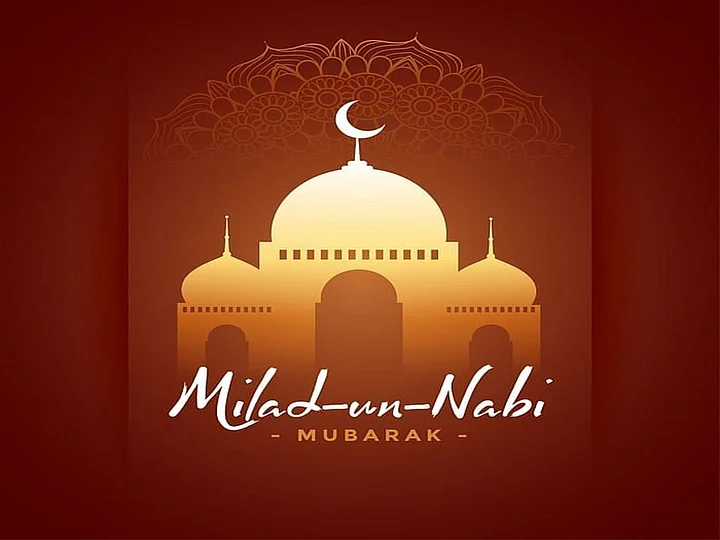Eid Milad-un-Nabi is celebrated as the birth and death anniversary of Prophet Mohammad. It shall be commemorated on Friday, 18 October, till the next evening of Saturday, 19 October.
Eid Milad-un-Nabi falls in the month of Rabi-ul-Awwal, which is the third month of the Islamic lunar calendar and is also known as Nabid and Maulid in colloquial Arabic.
However, different sects of Islam celebrate the Prophet’s birthday on different dates of the month.
Muslims from the Sufi or Barelvi school of thought celebrate the birth anniversary as Eid Milad-un-Nabi or Eid-e- Milad
Sunni Muslims commemorate this day on the 12th of the Islamic month of Rabi-ul-Awwal
The Shia community observes it on the 17th day of Rabi-ul-Awwal
Public gatherings customarily take place to mark this day. Religious congregations are also observed where leaders enunciate the teachings of Islam and the life of the Prophet by focusing on his teachings, sufferings, and his forgiving nature.
However, while this day marks the birthday of Prophet Muhammad, its celebrations are usually not very extravagant as it also marks the death anniversary of the Prophet.
History:
Prophet Muhammad is believed to be born in around 570 CE in Makkah, Saudi Arabia. He is considered as the last messenger of Allah and held in much love and reverence by all Muslims across the globe. In the 8th century, this day became popular when the prophet’s house was transformed into a house of prayer by Al-Khayzuran.
In the 11th century, 'Mawlid' or 'Nabid' was celebrated by the leading clan of Egypt who marked the day with prayers and recitation of the verses of the Holy Quran.
It is also a popular belief that Prophet Muhammad's birthday was initially observed by the Fatimids and dates back to the early four Rashidun Caliphs of Islam.
However, the present form of celebrations of the day of Mawlid started in the 12th century when countries like Syria, Turkey, Morocco, and Spain started to commemorate this day.
What's interesting to note is that while many Muslims celebrate this day, many also believe that the birthday of the Prophet is not exactly known and that it doesn't exist. They are of the opinion that any festival other than Eid ul-Fitr and Eid-ul-Adha is a form of biddah or innovation in Islam.
(At The Quint, we question everything. Play an active role in shaping our journalism by becoming a member today.)
